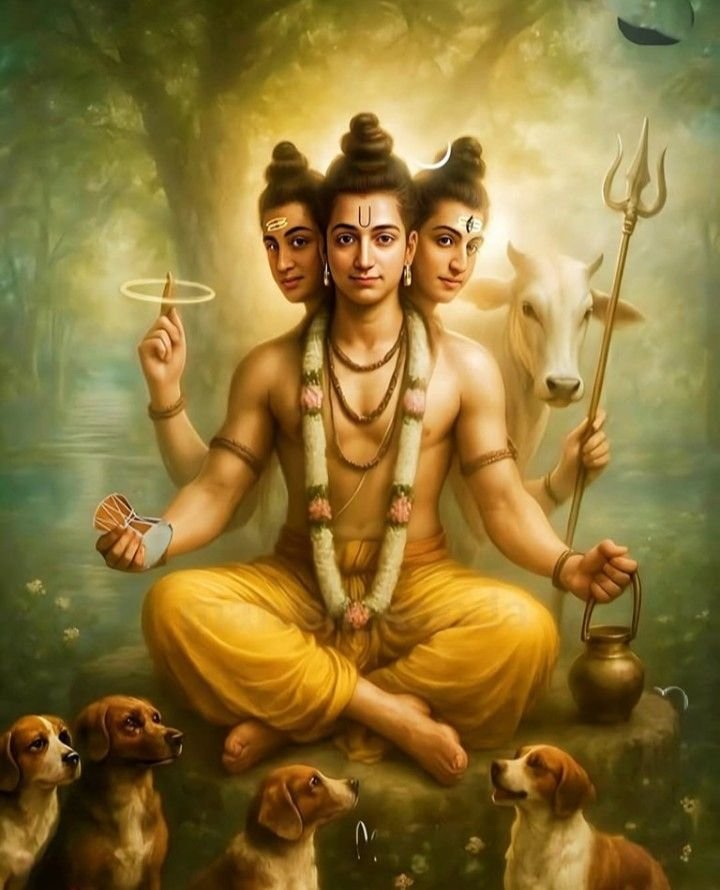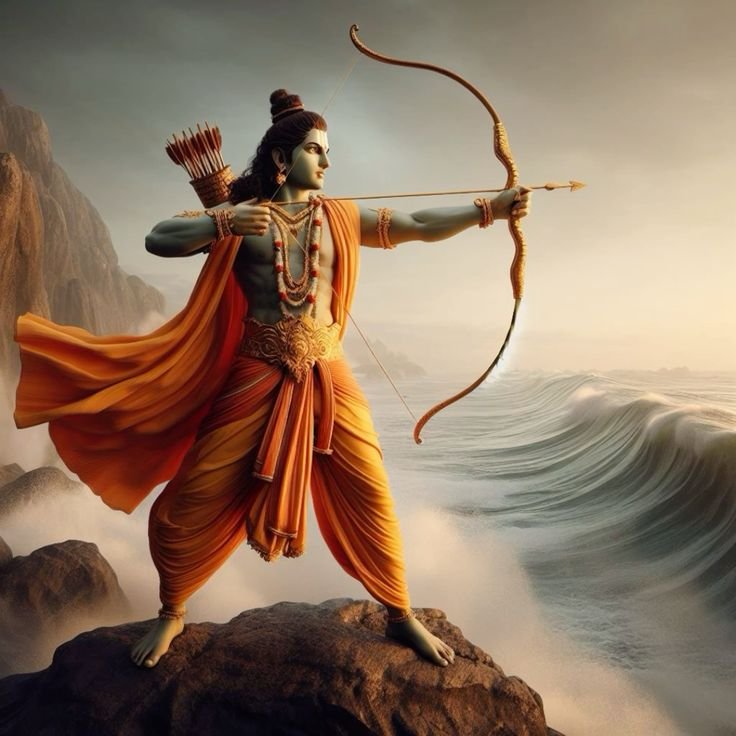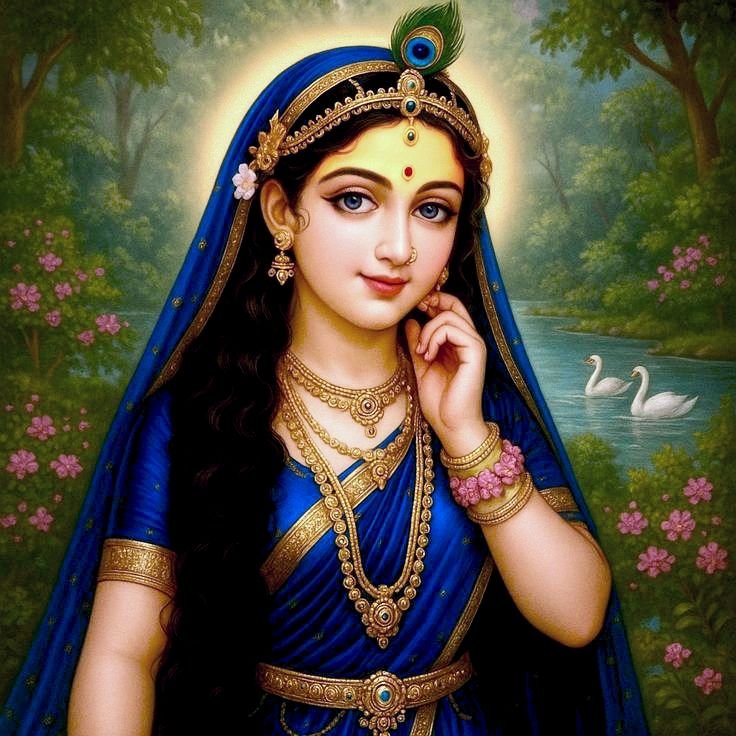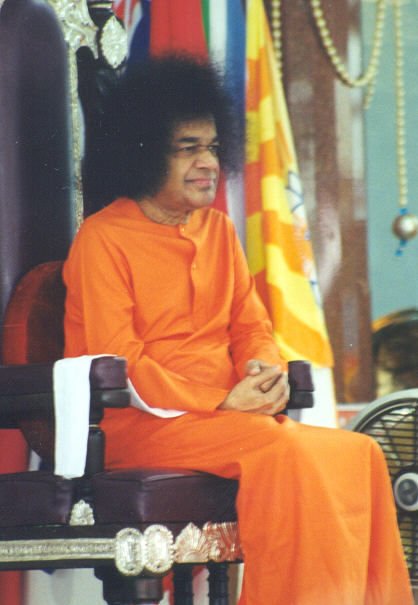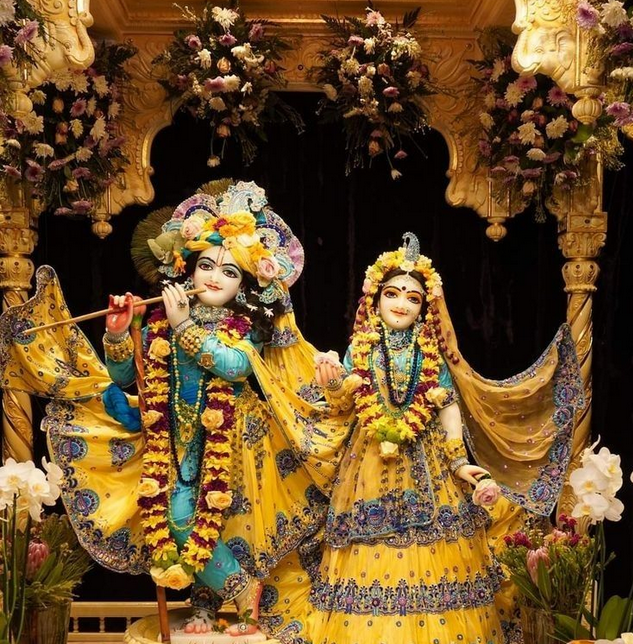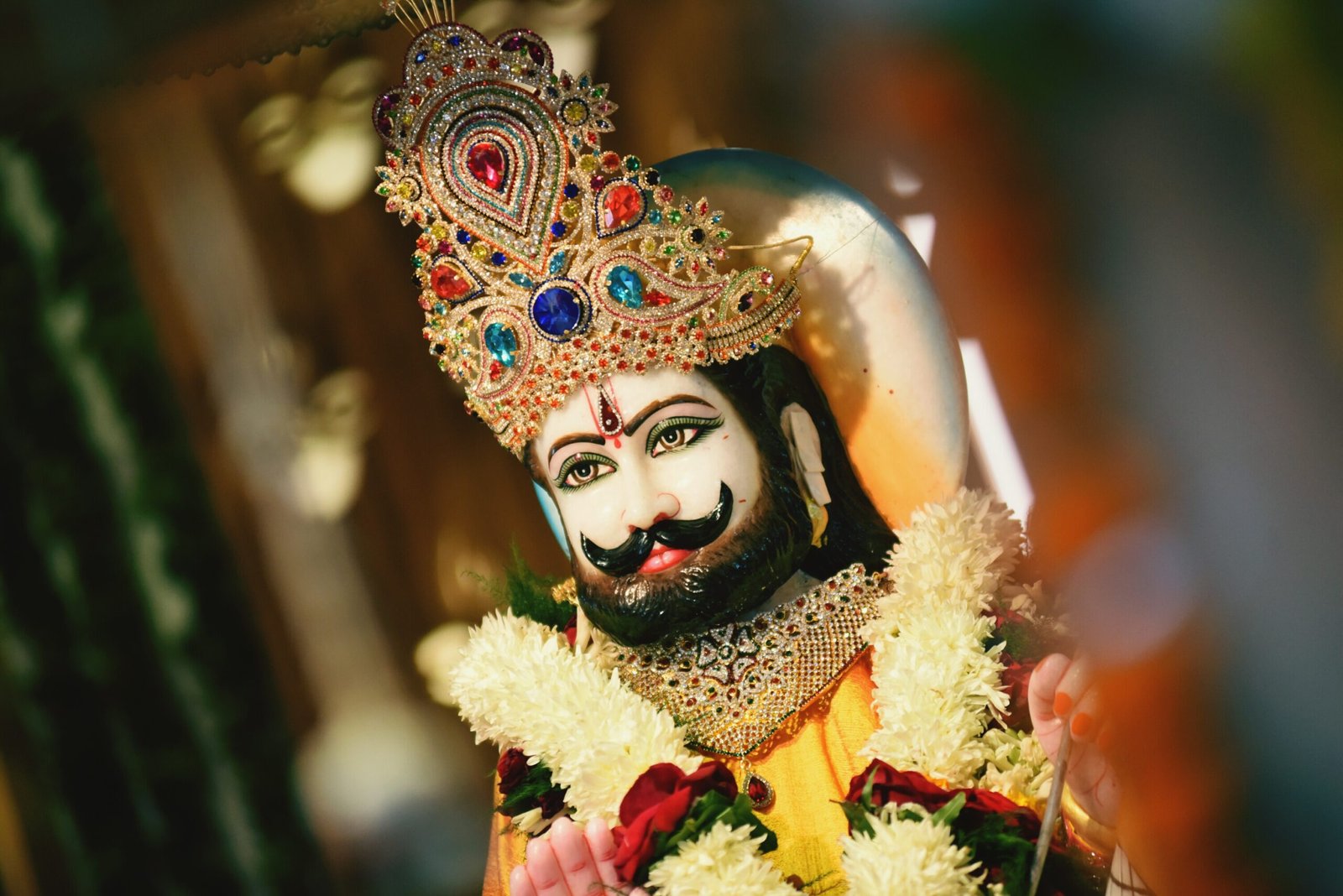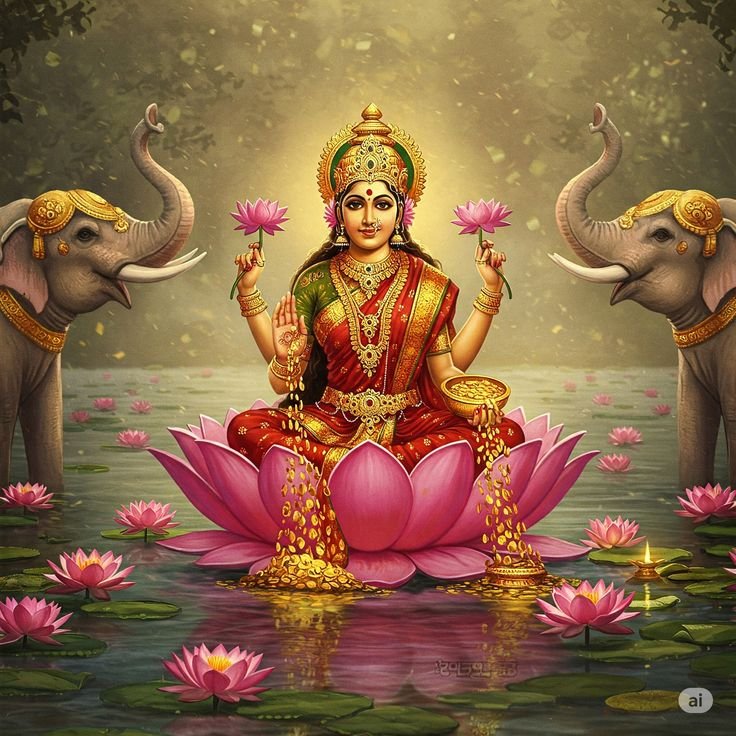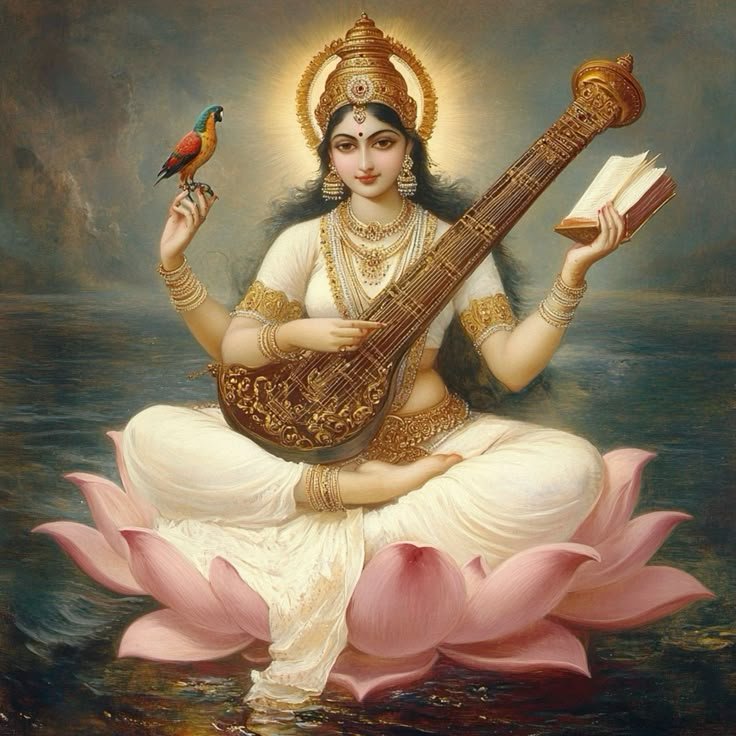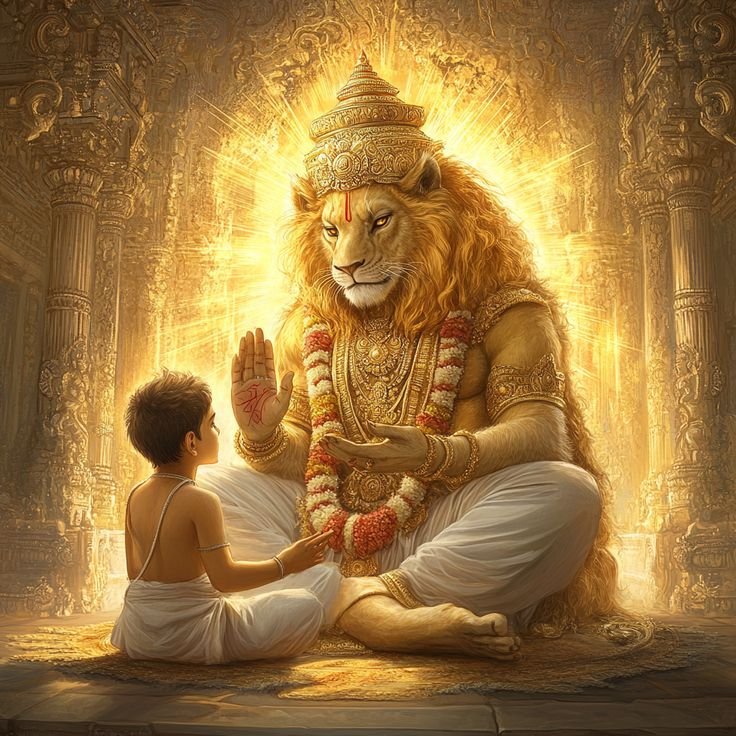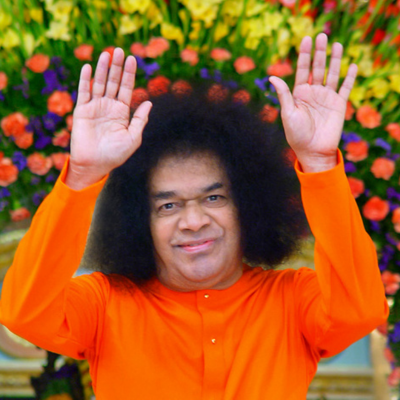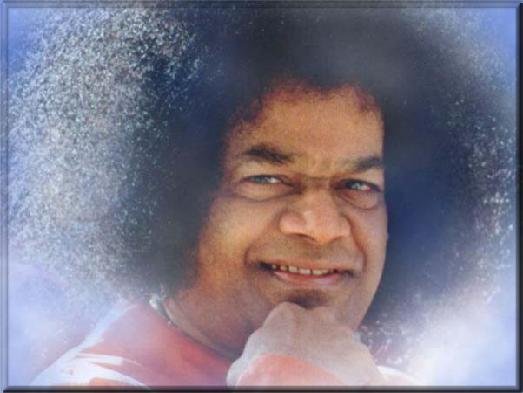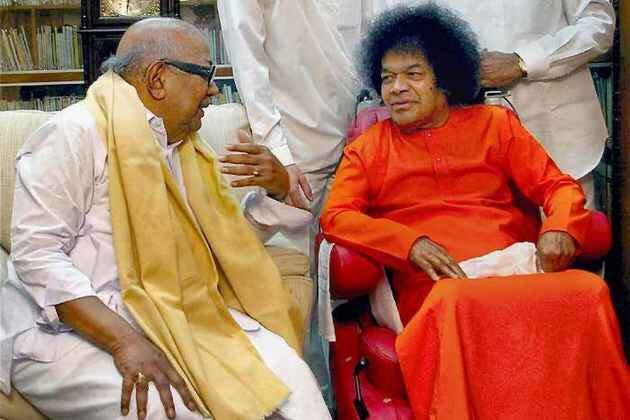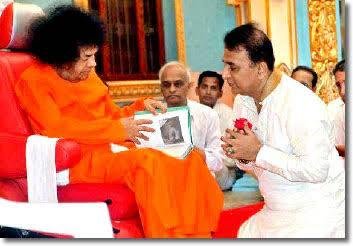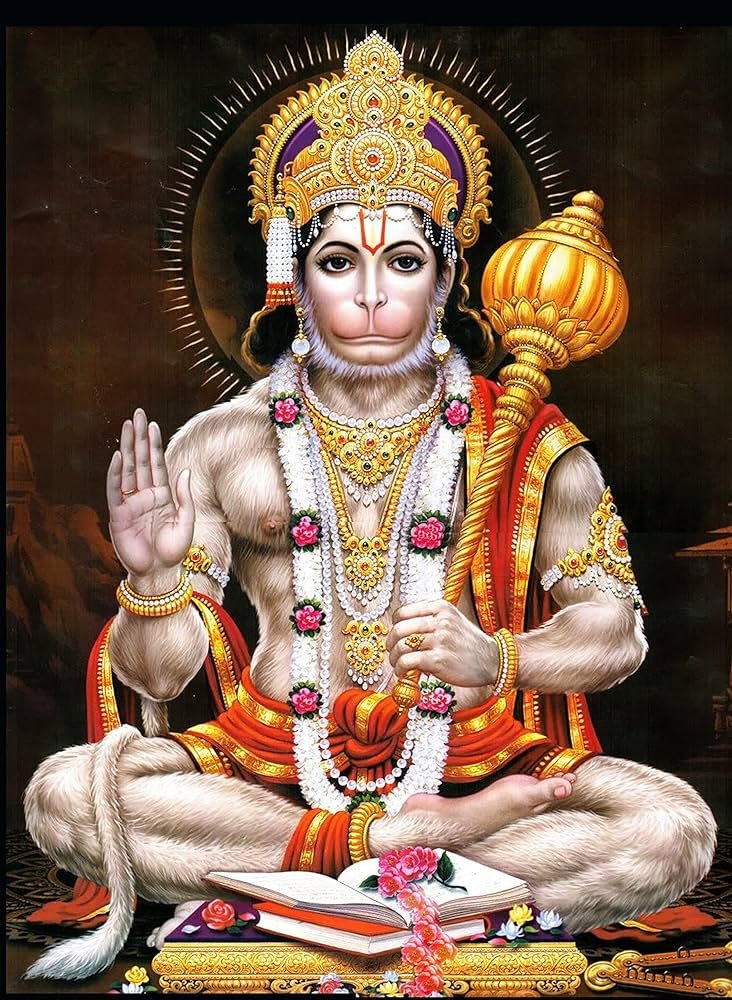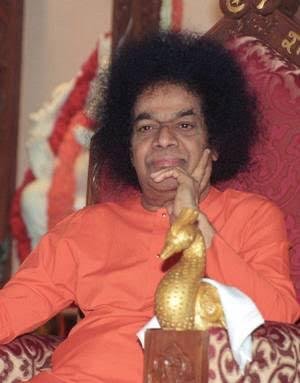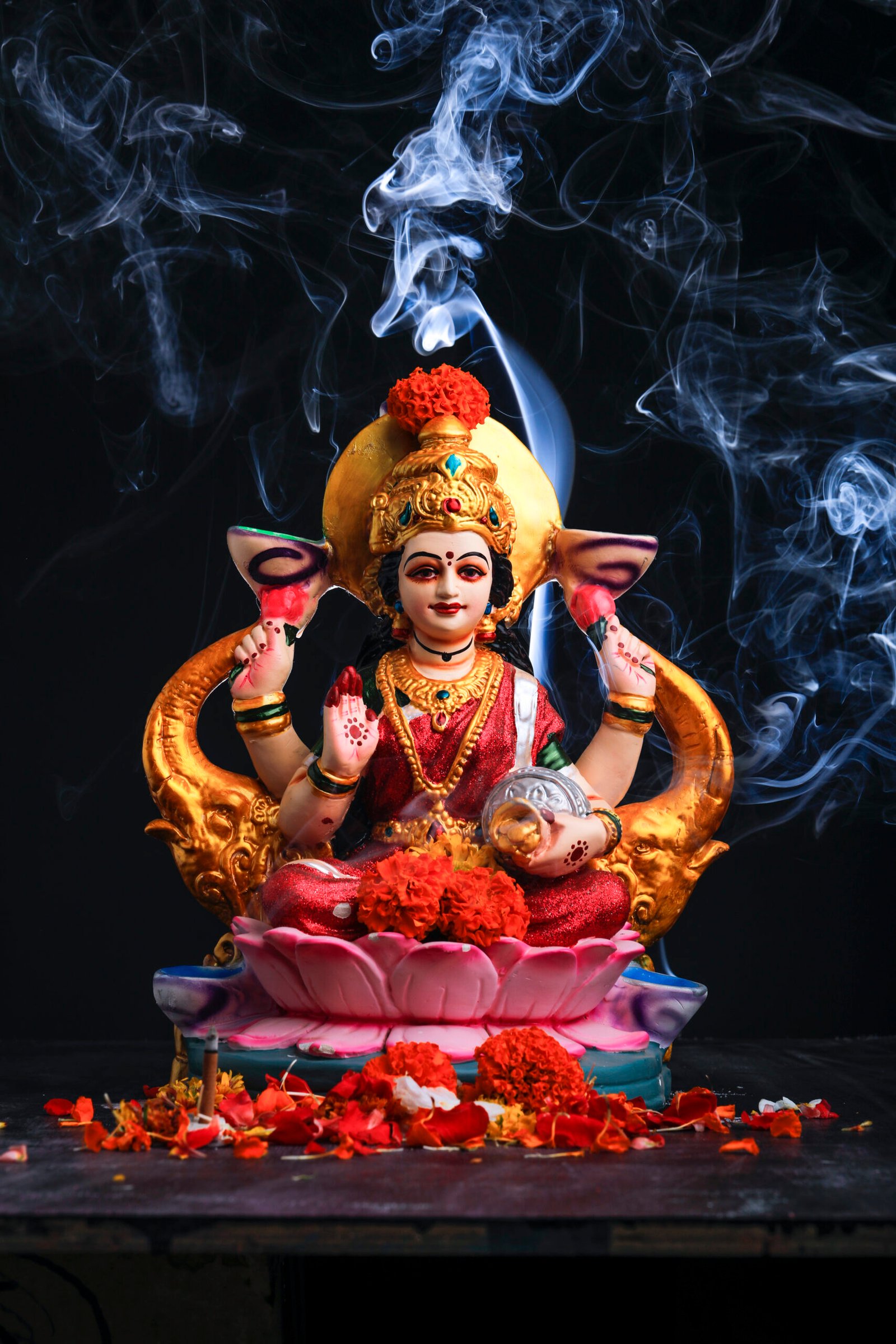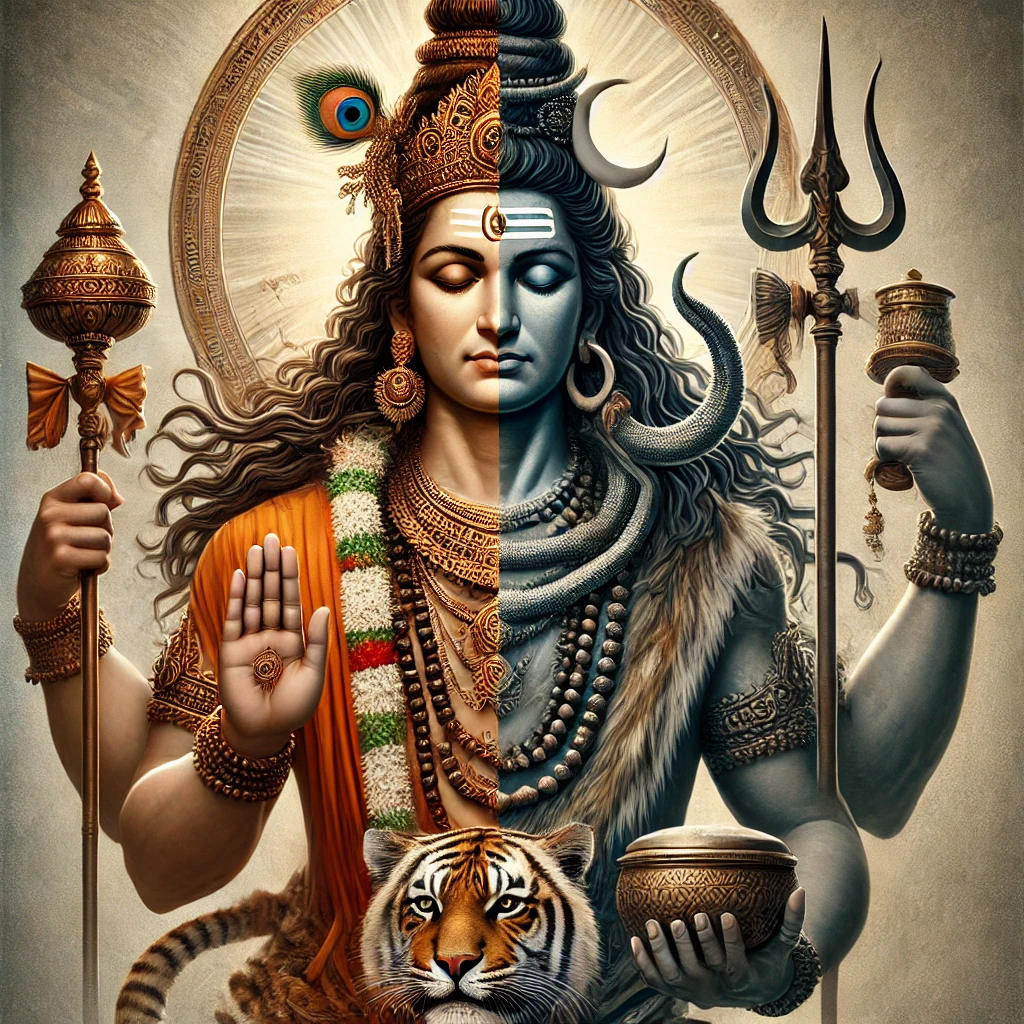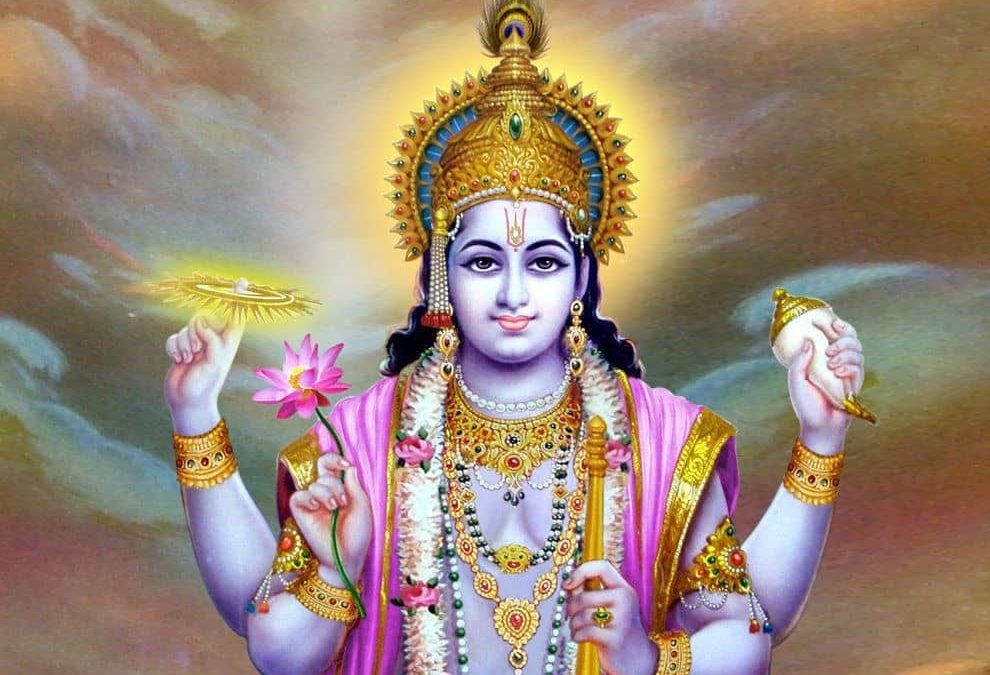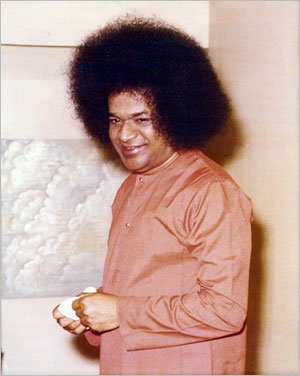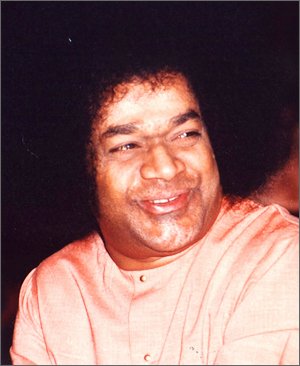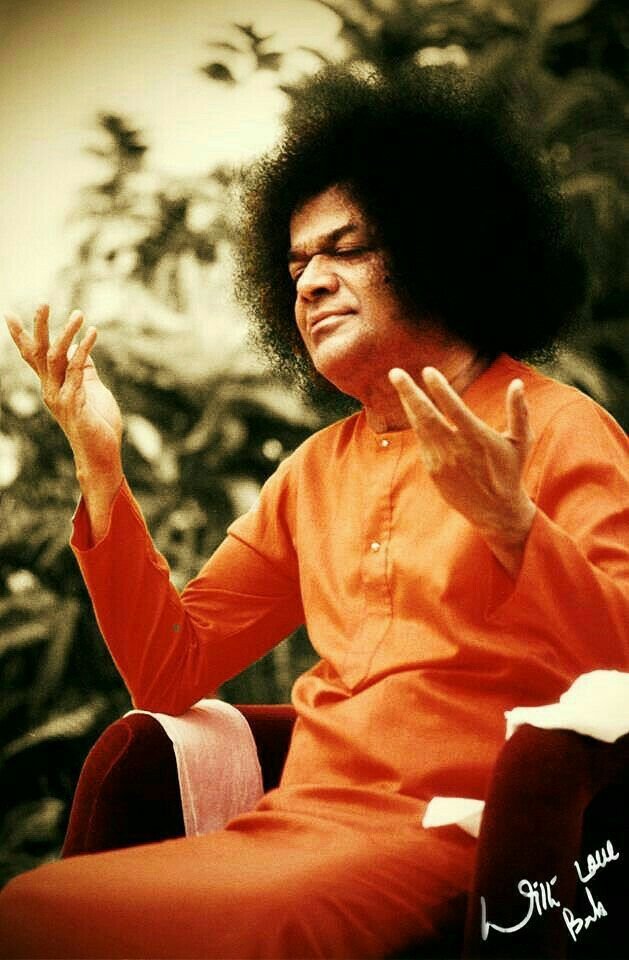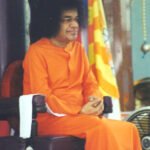Asvakranta Temple, Guwahati

The word “Asvakranta” translates to “Horse Stepped Over,” and the temple holds deep mythological and spiritual value.

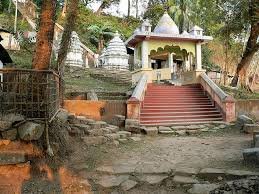

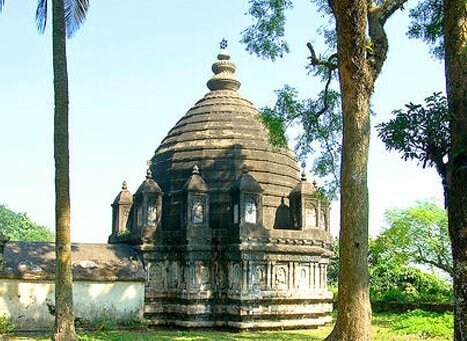


Architecture of the Temple
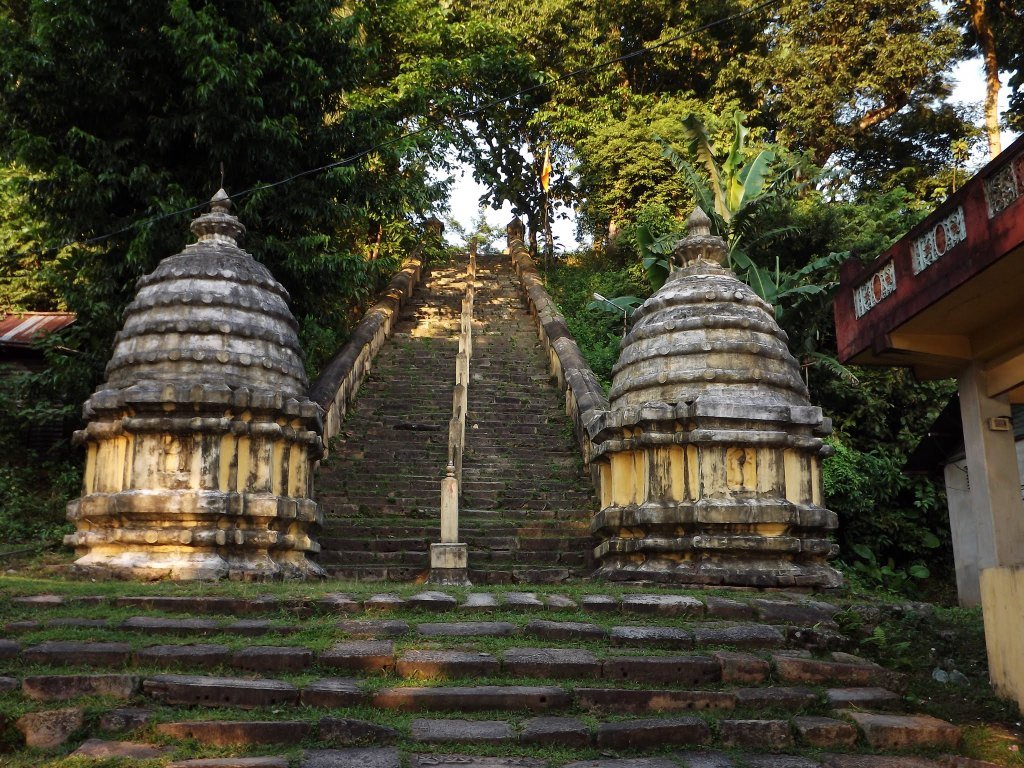
Temple Style: The temple follows traditional Assamese architecture, which is a blend of Ahom and Hindu styles. The sanctum houses a large black stone idol of Lord Vishnu in the reclining posture on the serpent Ananta.
Sculptures & Carvings: The temple walls and premises have ancient rock carvings of deities like Goddess Lakshmi, Lord Brahma, Ganesha, and various celestial beings.
Natural Setting: Located on a hillock beside the Brahmaputra River, the temple offers scenic views, especially during sunrise and sunset. The ascent to the temple includes steps that lead devotees from the riverbank to the sanctum.
Sacred Pond (Pushkarini): Near the temple is a sacred water body used for ritual baths and ancestor offerings (Shraddha karma).
How to Reach to Temple
By Air: The nearest airport is Lokpriya Gopinath Bordoloi International Airport (Guwahati), around 22 km from the temple. Taxis and cabs are easily available.
By Train: The nearest railway station is Guwahati Railway Station, around 10 km from the temple.
By Road: The temple is easily accessible by auto-rickshaws, taxis, and buses from anywhere in Guwahati city.
By Ferry/Boat: One of the unique ways to reach the temple is by boat ride across the Brahmaputra River from Guwahati city, offering a spiritual and scenic experience.
Location: North Guwahati, Assam, India
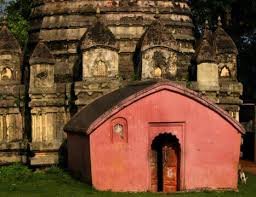
Temple Timings



